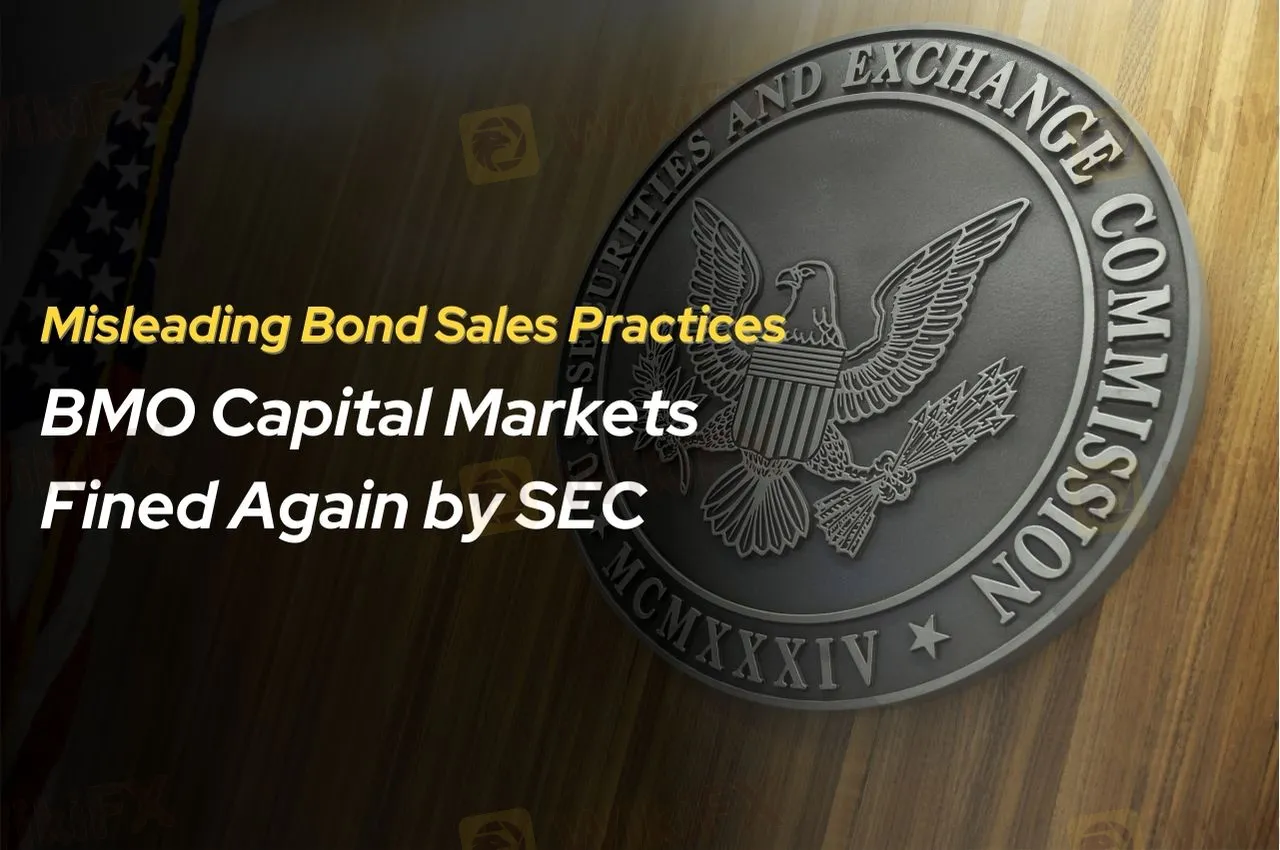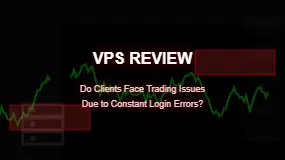Misleading Bond Sales Practices: BMO Capital Markets Fined Again by SEC
Abstract:BMO Capital Markets faces another SEC penalty, adding to its history of regulatory scrutiny and financial sanctions.

In January 2025, BMO Capital Markets faced a significant penalty from the U.S. Securities and Exchange Commission (SEC) for failing to supervise employees who misrepresented mortgage-backed bonds over a two-and-a-half-year period, from December 2020 to May 2023. According to the SEC‘s findings, BMO representatives structured mixed-collateral bonds backed by residential mortgage pools. A small percentage of higher-interest mortgages was strategically included, causing third-party data providers to generate inaccurate metrics about the bonds’ overall composition. These misleading metrics were then provided to customers.

Despite apparent inaccuracies, BMO failed to establish appropriate supervisory policies or procedures to ensure accurate representations of these bonds. Over this period, $3 billion worth of these so-called “Agency CMO Bonds” were sold under misleading conditions. This behavior was found to violate Section 15(b)(4)(E) of the Securities Exchange Act of 1934, which mandates the reasonable supervision of registered representatives. As part of the settlement, BMO agreed to pay over $40 million, including disgorgement, prejudgment interest, and civil penalties, and the SEC established a fair fund to distribute these payments to affected investors.
The recent incident is not the first time BMO Capital Markets has faced scrutiny and penalties from the SEC. The firms regulatory history includes several notable violations over the years. In 2019, BMO was penalized twice. The first penalty, amounting to over $3.9 million, was related to the improper handling of pre-released American Depositary Receipts (ADRs). The SEC discovered that BMO provided ADRs to brokers without ensuring that corresponding underlying shares were deposited, enabling short-selling and potential market manipulation.
Later that year, in September 2019, the SEC fined BMO $1.95 million for failing to provide accurate “blue sheet” data. This information, critical for investigating potential market abuses, was found to contain errors that impaired the SECs enforcement efforts.
More recently, in August 2023, BMO was fined $25 million for failing to preserve records of employee communications conducted on personal devices. This violation was part of a broader industry-wide enforcement effort targeting poor record-keeping practices.
Read more

VPS Review: Do Clients Face Trading Issues Due to Constant Login Errors?
Do you face numerous login errors with VPS, a Vietnam-based forex broker? Did these errors lead to missed opportunities or losses? Does your trading account often have an insufficient balance despite numerous trades on the VPS login? Does the broker compel you to renew your subscription even if it’s not required? These issues have become synonymous with many of its traders. They have highlighted these online. In this VPS review article, we have investigated these issues. Read on!

Quadcode Markets HK Withdrawal Scam
HK victims slam Quadcode Markets: Jan 2025 delays, frozen accounts, no replies; “withdrawal too long!” Report scam, recover funds now!

ThinkMarkets Scam Alert: 83/93 Negative Cases Exposed
ThinkMarkets has 83/93 negative cases, with withdrawal delays and scam alerts. Check regulation and details on the WikiFX App before trading.

FBS Forex Scam Alert: High Complaint Ratio
FBS shows 188 negative cases out of 205 on WikiFX, despite regulation—a major red flag for withdrawals & profits. Uncover risks & protect funds before trading now!
WikiFX Broker
Latest News
Capital.com Review: Is Your Money Locked Inside this Broker?
AssetsFX Regulation: A Complete Guide to Licenses and Trading Risks
ZarVista User Reputation: Looking at Real User Reviews to Check if It's Trustworthy
ZaraVista Legitimacy Check: Addressing Fears: Is This a Fake Broker or a Legitimate Trading Partner?
S. Africa Energy Gridlock: Glencore Proposal Stalls Amid Regulatory Clash
TP Trader Academy ‘The Axis Event’: Pioneering Trading Education at the Heart of Tech and Data
Is Fortune Prime Global Legit Broker? Answering concerns: Is this fake or trustworthy broker?
Pinnacle Pips Forex Fraud Exposed
Grand Capital Review 2026: Is this Broker Safe?
XSpot Wealth Exposure: Traders Report Withdrawal Denials & Constant Deposit Pressure
Rate Calc

